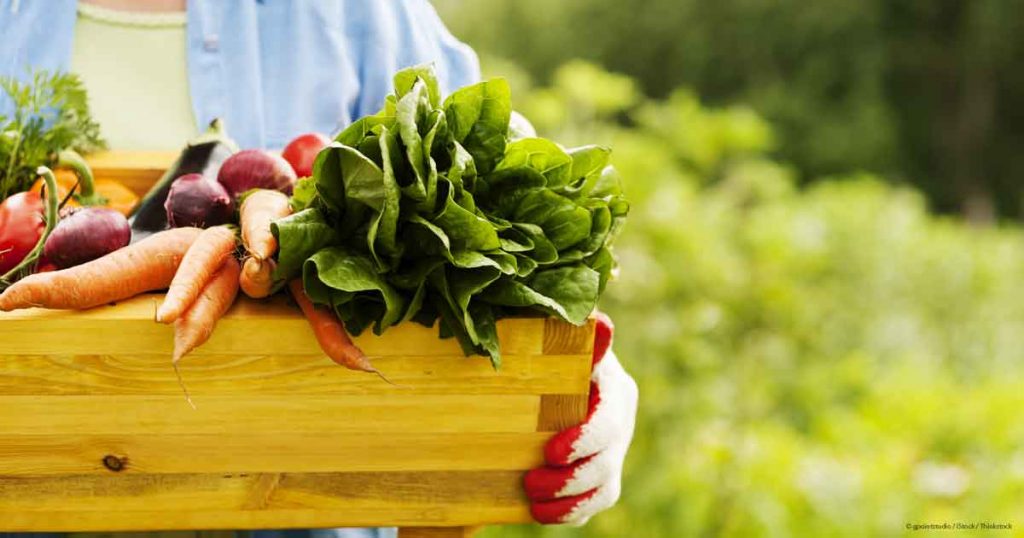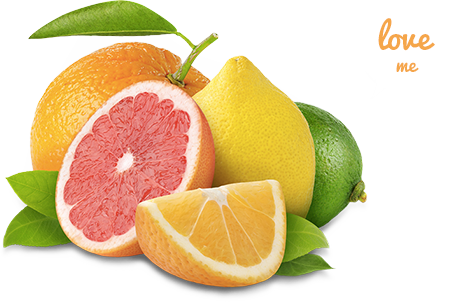4 Simple Steps for Growing Your Own Organic Food
Reasons
There are a lot of good reasons to grow your own organic food. In fact, there is a lot of increasingly disturbing evidence that presents equally good reasons not to buy non-organic supermarket produce. For example, one recent study of pesticide exposure in children in a major U.S. metropolitan area found that traces of garden chemicals were found in 99 percent of the 110 children who were tested. Further, according to the Environmental Protection Agency, 90% of fungicides, 60% of herbicides and 30% of insecticides are considered carcinogenic.
On a happier note, growing your own organic food is not only healthier, but it can save you a lot of money. Produce departments are taking full advantage of an educated public’s desire for organic food, a fact reflected in the huge difference in price. In addition to reducing your grocery bill, by transforming your lawn into a garden, you’ll also save money on your water bill. Trees and shrubs require anywhere from two and a half to four times less water than maintaining a lawn.
Simple Tricks to Start Off
As the person in charge of production of your own herbs, fruits and vegetables, you can replace chemical pesticides with natural alternatives. One such alternative is a little cayenne pepper or horseradish mixed with garlic paste added to a gallon of water. It’s important to test the strength on a leaf or two because if it’s too strong, it can burn the plant. However, it’s remarkably effective as a pest repellent.
You’ll also be able to decide what kind of soil you want to use to grow your food. Different plants thrive in different types of soil. For example, some, such as flowers and annual vegetables prefer peat-free soil, while blueberries require lime-free compost. Fruit trees benefit most from a soil based mix that releases nutrients slowly due to their long lives.
Mulching
No matter what kind of soil composition you choose, mulching is an important factor in preparing it for planting. Mulching is the process of enriching the soil. Two benefits of mulching are weed reduction and water conservation. Organic mulches are commonly made from decomposing plant materials. Many people set up a worm farm to provide natural compost for mulching. Worms are also able to detoxify soil of due to their ability to break down substances, including heavy metals like cadmium and lead.
Experts recommend not using live green materials rather than those already in an advanced state of decomposition because they can leach needed nitrogen from the soil. Proper mulching requires the soil to be covered with up to three inches of material to achieve the maximum benefits. However, the mulch should not cover the plant’s base, but only the root zones.



